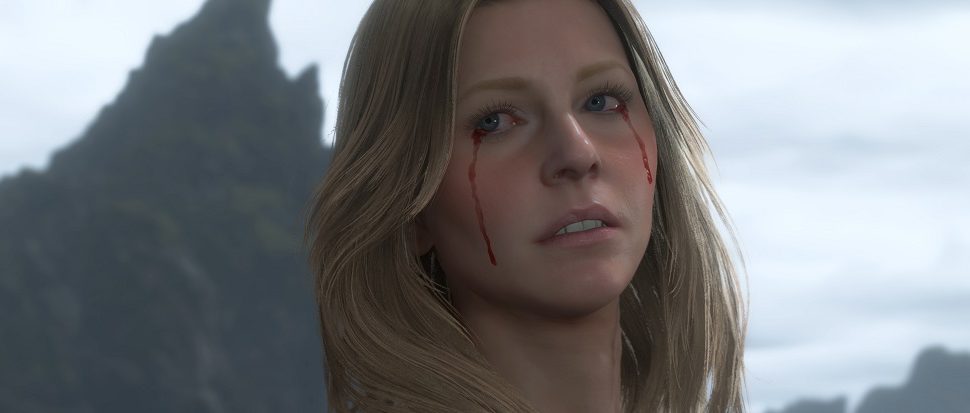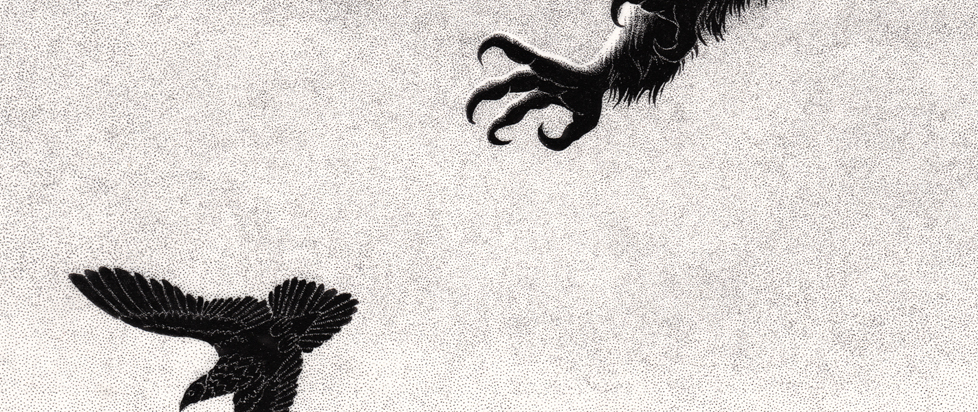
Maternal Legacies
This excerpt is from a feature story in Unwinnable Monthly 129. If you like what you see, grab the magazine for less than ten dollars, or subscribe and get all future magazines for half price.

In the February issue of Unwinnable Monthly, Yussef Cole wrote a poignant and thought-provoking piece about the role of fatherhood in Death Stranding, and how the game grapples less with the pragmatics of parenting and more with its abstract concept. It’s a good piece, and I recommend you read it if you haven’t. But in focusing on fatherhood and the relationship between the in-game infant the Bridge Baby (BB) and Sam Porter Bridges, Cole makes a claim about motherhood in the game that gave me substantial pause; that Death Stranding “has to erase the mother.” This struck a distinct chord with me because in my time playing the game, I read the relationships of the female characters to parenthood very differently. As a childless woman in her late twenties, society has wrested upon me several distinct lines of thought surrounding motherhood, and I see those same lines of thought in play with every single major female character in the game. In short, Death Stranding doesn’t erase motherhood: it is, in several important ways, defined by it.
Death Stranding is a game that is fundamentally concerned with the concept of legacy. Doing things that will live on beyond you and that people will remember you for is essentially the driving force of the narrative as Sam Porter Bridges comes to terms with his role in the rebuilding of post-apocalyptic America. Throughout the game, you get to exercise some amount of agency over Sam’s legacy, via the porter jobs you take on and how well you perform, to enhance his reputation. Parenthood is also a means of creating a legacy for yourself, in a very literal sense.
 Thus, it is interesting that, throughout the game, while he displays incredible affection for the BB, Sam never sees the existence of an infant he is charged with caring for as a means of legacy-building. Numerous other characters, notably Deadman, tell Sam to treat the BB as nothing more than a tool and, in terms of game mechanics at least, that’s exactly what the BB is. Cole refers to it as a “Tamagotchi” in his piece, and the comparison is pretty apt: you carry it around and occasionally maintain it via rocking, but otherwise, you don’t deal with the material repercussions of it. And if you don’t take care of it and it goes autotoxemic, you lose its functionality for the rest of your journey; but the next rest stop you roll into, you can just plug it in and it’s good as new. Fatherhood is thus, for Sam, a zero-sum game, where failure is possible only in the short-term, nominal sense. Female characters in Death Stranding are not so lucky.
Thus, it is interesting that, throughout the game, while he displays incredible affection for the BB, Sam never sees the existence of an infant he is charged with caring for as a means of legacy-building. Numerous other characters, notably Deadman, tell Sam to treat the BB as nothing more than a tool and, in terms of game mechanics at least, that’s exactly what the BB is. Cole refers to it as a “Tamagotchi” in his piece, and the comparison is pretty apt: you carry it around and occasionally maintain it via rocking, but otherwise, you don’t deal with the material repercussions of it. And if you don’t take care of it and it goes autotoxemic, you lose its functionality for the rest of your journey; but the next rest stop you roll into, you can just plug it in and it’s good as new. Fatherhood is thus, for Sam, a zero-sum game, where failure is possible only in the short-term, nominal sense. Female characters in Death Stranding are not so lucky.
There are three major female characters in Death Stranding, each with their own unique relationship to motherhood that defines and structures their legacy. First is Amelie/Bridget Strand, a woman who is supposed, for much of the game, to be two separate people. Bridget dies early on in the game, and Amelie, her daughter, is exclusively accessible through holograms because, we are told, she is perennially Elsewhere. Bridget was President of America, and after her death, Amelie assumes her mantle, which should be legacy enough for anyone. Amelie functions as a sister to Sam and Bridget, a mother. As it turns out, though, Bridget is biologically unable to have children, and Amelie is young Bridget frozen in time on the game’s version of – Hell? Purgatory? – called the Beach.
———
Emma Kostopolus is a Ph.D candidate in Rhetoric and Composition at the University of Kansas, studying games and their use in the classroom. Her work has appeared in Critical Distance and Horror Homeroom, with a forthcoming piece at Sidequest.zone. She writes weekly about whatever strikes her fancy on her blog, Nerd Salad.
You’ve been reading an excerpt from Unwinnable Monthly Issue 129.
To read the article in its entirety, please purchase the issue from the shop or sign up for a subscription to Unwinnable Monthly!




